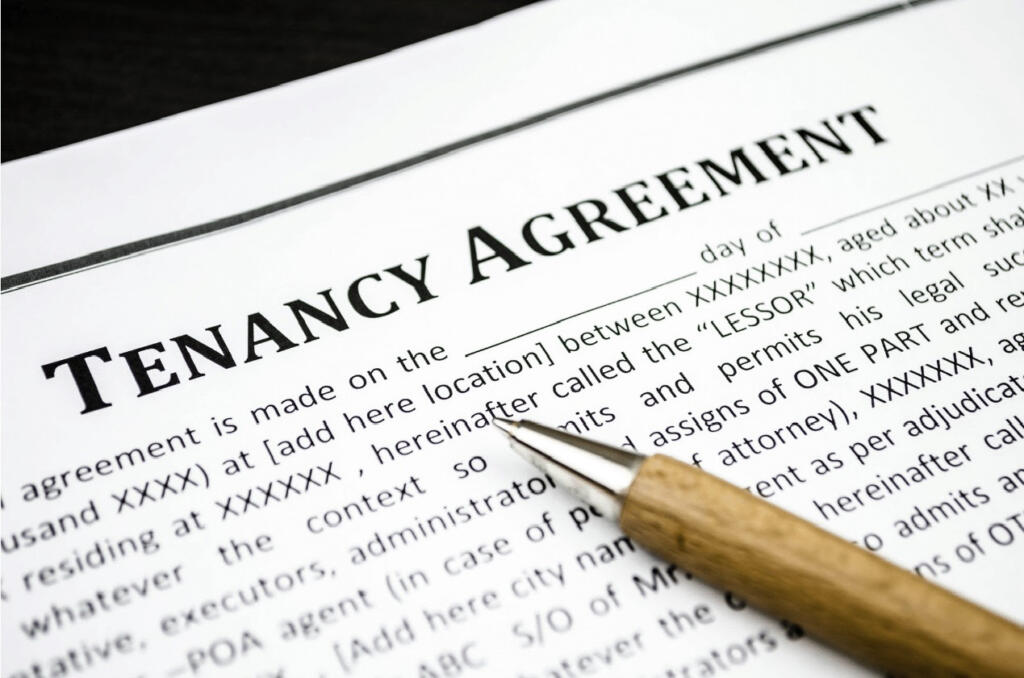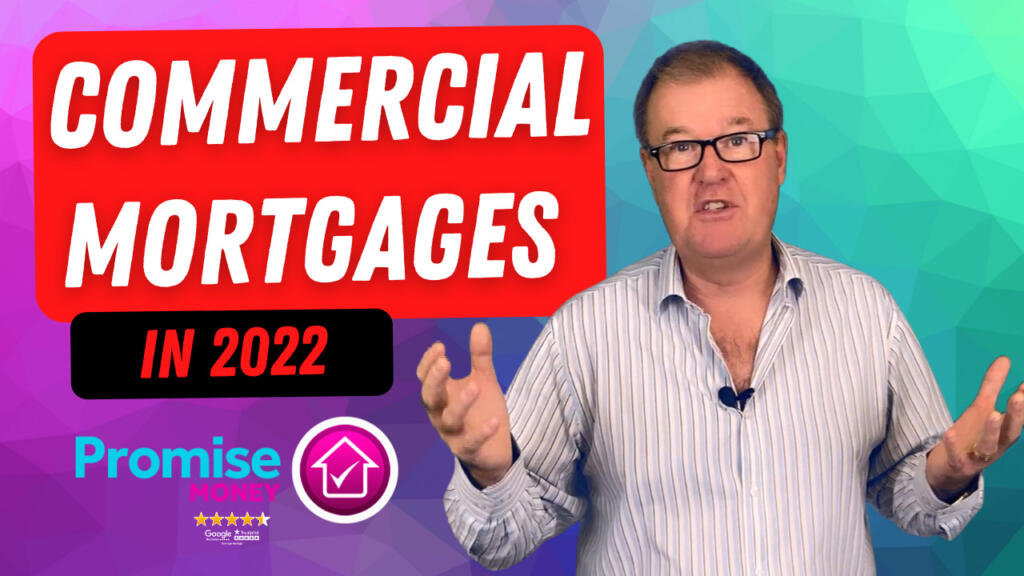Beware misleading bad credit commercial loans
15th November 2023
By Alex Walker
Bad credit commercial loans are available – but be warned.
Some are built in a way that will make you pay thousands in interest.
In most cases, the rate on bad credit commercial loans reflects a risk and everything is very transparent. However, this can cost the inexperienced borrower a fortune, potentially ruining their business. This is particularly a risk for those looking for bad credit commercial loans, or for businesses which have difficulty proving income.
Tier 1 Commercial lenders
There are around half a dozen active lenders – often banks offering great rates. They mainly like to lend to owner occupied businesses secured on commercial premises. Lenders are wanting borrowers with a good track record and a good credit history. They may also have more stringent affordability criteria, and are less keen on lending on investment property for retail and non-essential businesses.
Tier 2 Commercial lenders
There are 3 or 4 lenders which try to pick up the applications which fall out of tier 1. They still offer decent rates but perhaps are a little more flexible on affordability and the property types and sectors.
Tier 3 Commercial lenders (some consider bad credit commercial loans)
There is a good choice of lenders with particular niches to accommodate less affordability, less attractive property types and borrowers with less experience in the commercial sector. These lenders are also generally more accommodating, if the rental income is from retail premises or offices. Consequently they pick up a lot of business which falls out of tier 1 and 2.
But, as a potential commercial loan borrower, don’t make assumptions which category your application fits in. Once we understand an application and the borrower’s background, we will try to exploit gaps in lenders criteria to get the best terms available. We can often get cases accepted in tier 1, which initially might appear to be tier 3.
Take Care – your non status or bad credit commercial loans could cost far more than you think
In this article, I want to focus on a number of lenders, which operate on the edge of commercial lending and will offer bad credit commercial loans when other more mainstream lenders won’t.
They will accept bad credit and income projections. If there is sufficient equity in the property asset being offered as security they will go to great lengths to try and accept the application. That’s great news for many borrowers but they need to know what they are getting into, as some lenders often quote flat rates rather than APRs.
Difference between flat rates and APR’s
● With an APR loan, the interest is charged on the balance as it reduces.
● With a flat rate loan, all interest is added at the start – this costs you more.
So whilst the rates may sound the same in a conversation or on documents, the flat rate is roughly double the APR in most cases meaning you could pay double the amount of interest.
Flat rate versus APR – amount of interest paid (Example – approximates for illustration only)
Let’s take a traditional £100,000 commercial loans at 4% x 120 months (10 years) which would cost around £1010 per month. That’s a total repayable of £121,440. Less the amount borrowed of £100,000 – that’s a cost of £21,400 in interest over 10 years.
Now let’s look at a flat rate loan at 4% over the same term. Remember the interest is calculated on the initial advance and added to the loan at the start.
£100,000 X 4% = £4000 interest per annum.
It’s a 10 year loan so the total interest will be £4,000 x 10 = £40,000.
So, the initial loan is £140,000. That’s roughly double the amount of interest on the standard annual rate loan. The repayment on £140,000 over 10 years would be £1166. Maybe that doesn’t sound too much more per month, but £18,500 extra interest over the term should get anyone’s interest – if its explained to them.
However, the BIG difference is how early repayment charges are calculated!
Flat rate versus APR – early settlement charges (Example – approximates for illustration only)
On a traditional commercial loan, you will be told if there are early repayment charges. Often a percentage of the balance at the time you settle. For example, 2% of the balance if you settle in the first 3 years.
On flat rate loans, they work much like car finance or a lease agreement. If you ask if there are early repayment charges, some operators proudly say there are none.
That’s because if you sign up to a 5 or 10 year deal, you are expected to make all the repayments under the agreement. Indeed, there are no early settlement charges, because you are expected to pay the lot.
To put this into context – rough figures for illustration
On a traditional £100,000 x 10 year commercial mortgage, at a rate of 4%, if you settle at the end of the second year, you might be charged a 2% early settlement charge. Most tier 1 lenders don’t charge any early repayments charges. The balance may have dropped to £84,000 so you could be charged 2% of £84,000 to settle the loan which is £1700 approximately.
On a flat rate loan, all of the interest will have been added to the loan at the start. You will be required to pay virtually all the remaining payments under the agreement. Remember, because all the interest was added, you owed £140,000 at the start of the loan.
If after two years you asked to settle the loan, there’s bad news. You still have 8 years or 96 repayments to make at approximately £1166 per month. That’s a cost of £111,936 unpaid interest you will be asked to pay to cancel or repay the loan.
That’s more than you borrowed in the first place, and £26,000 more than the amount to settle the APR loan. There will be a 2% early repayment charge.
Most lenders operating this way will give a small discount off this amount, but it’s a “round of drinks” compared to how much you could be asked to pay.
Many people will be familiar with this type of agreement, as it is mainly seen in car finance or for buying items such as photocopiers. Normally, you keep the item to the end of the term, so early repayment is not an issue.
However, in the commercial mortgage sector, it’s easy to get caught out.
Please Note:
Most lenders do not operate this way and a reputable broker will explain the difference if this type of flat rate agreement is the only one open to you.
It’s not a bad product. For someone who doesn’t meet the mainstream criteria, perhaps because they are just getting their business going, it may be a suitable means of paying off a vitally needed loan over 5 years.
We are providing this information as a warning of what could happen if you don’t fully understand the type of agreement you are entering into. Choose a reputable broker who is a member of FIBA who will explain it to you, so you can make an informed decision.
Otherwise, buyer, beware!
Other pages you find useful
New BTL Loan
Commercial Mortgages – rates and terms Feb 2022 intermediary
Help to Buy – Previously Owned Properties
Development finance explained
Promise Money is a broker not a lender. Therefore we offer lenders representing the whole of market for mortgages, secured loans, bridging finance, commercial mortgages and development finance. These loans are secured on property and subject to the borrowers status. We may receive commissions that will vary depending on the lender, product, or other permissable factors. The nature of any commission will be confirmed to you before you proceed.
More than 50% of borrowers receive offers better than our representative examples
The %APR rate you will be offered is dependent on your personal circumstances.
Mortgages and Remortgages
Representative example
Borrow £270,000 over 300 months at 7.1% APRC representative at a fixed rate of 4.79% for 60 months at £1,539.39 per month and thereafter 240 instalments of £2050.55 at 8.49% or the lender’s current variable rate at the time. The total charge for credit is £317,807.66 which includes £2,500 advice / processing fees and £125 application fee. Total repayable £587,807.66
Secured / Second Charge Loans
Representative example
Borrow £62,000 over 180 months at 9.9% APRC representative at a fixed rate of 7.85% for 60 months at £622.09 per month and thereafter 120 instalments of £667.54 at 9.49% or the lender’s current variable rate at the time. The total charge for credit is £55,730.20 which includes £2,660 advice / processing fees and £125 application fee. Total repayable £117,730.20
Unsecured Loans
Representative example
Annual Interest Rate (fixed) is 49.7% p.a. with a Representative 49.7% APR, based on borrowing £5,000 and repaying this over 36 monthly repayments. Monthly repayment is £243.57 with a total amount repayable of £8,768.52 which includes the total interest repayable of £3,768.52.
THINK CAREFULLY BEFORE SECURING OTHER DEBTS AGAINST YOUR HOME
REPAYING YOUR DEBTS OVER A LONGER PERIOD CAN REDUCE YOUR PAYMENTS BUT COULD INCREASE THE TOTAL INTEREST YOU PAY. YOUR HOME MAY BE REPOSSESSED IF YOU DO NOT KEEP UP REPAYMENTS ON A MORTGAGE OR ANY OTHER DEBT SECURED ON IT.
Promise Money is a trading style of Promise Solutions Ltd – Company number 04822774Promise Solutions, Fullard House, Neachells Lane, Wolverhampton, WV11 3QG
Authorised and regulated by the Financial Conduct Authority – Number 681423The Financial Conduct Authority does not regulate some forms of commercial / buy-to-let mortgages
Website www.promisemoney.co.uk








